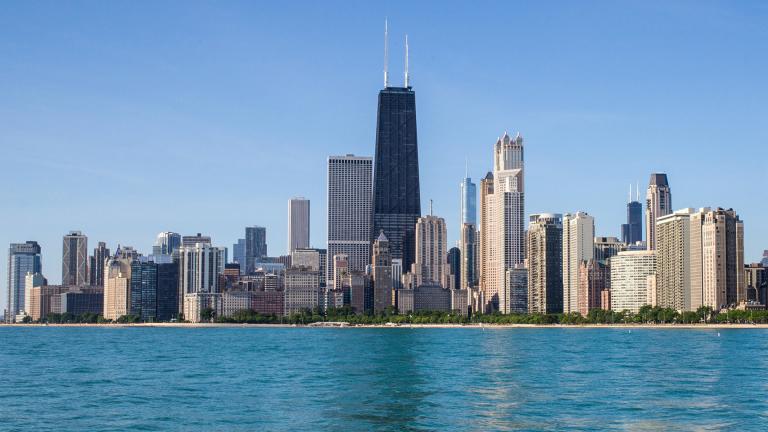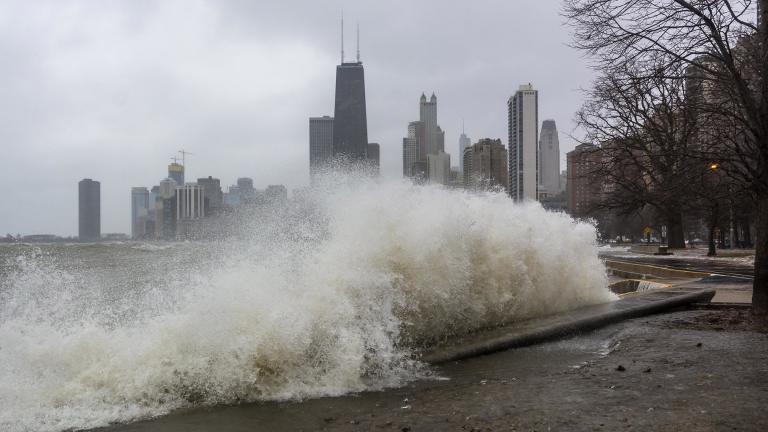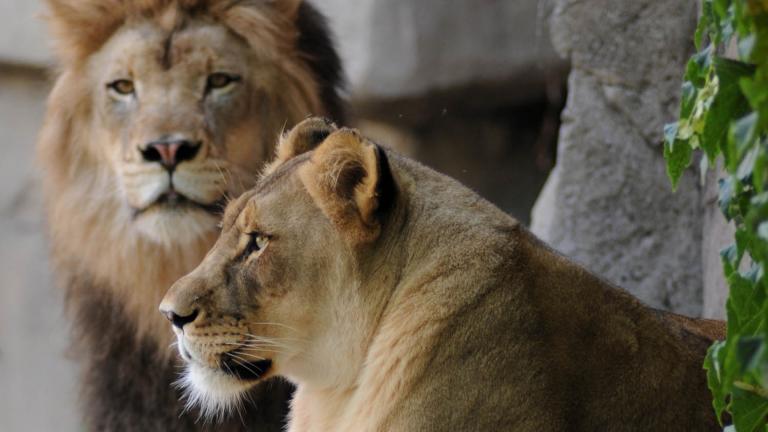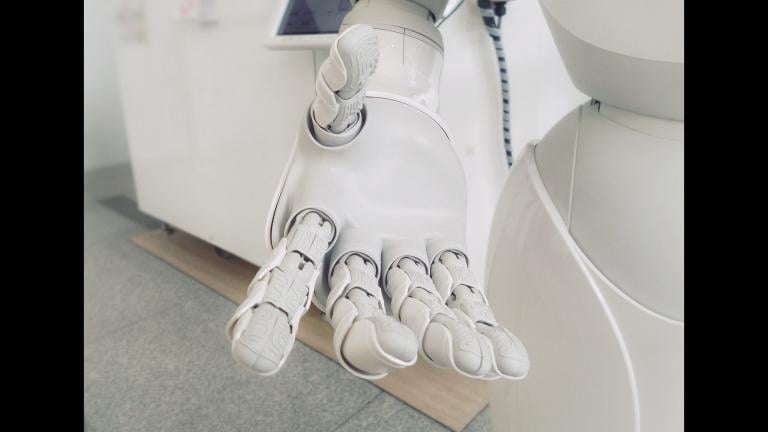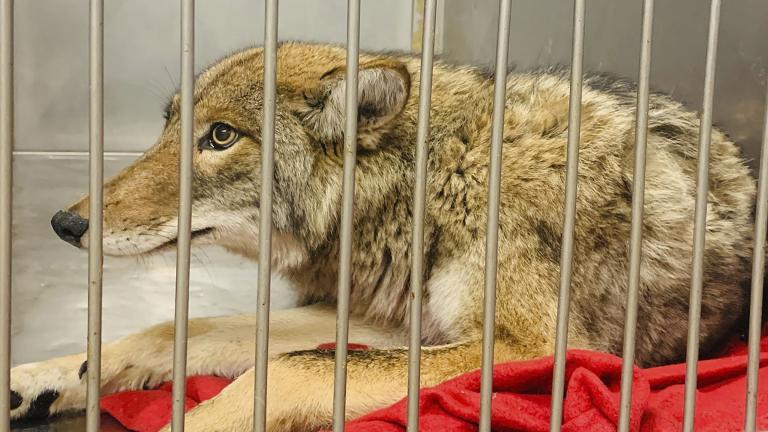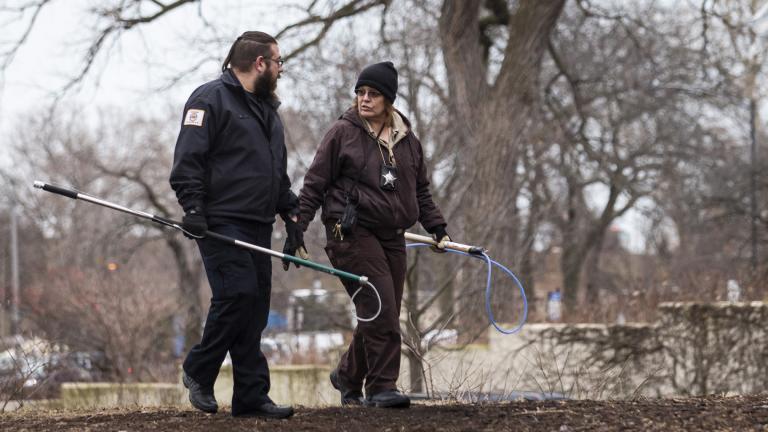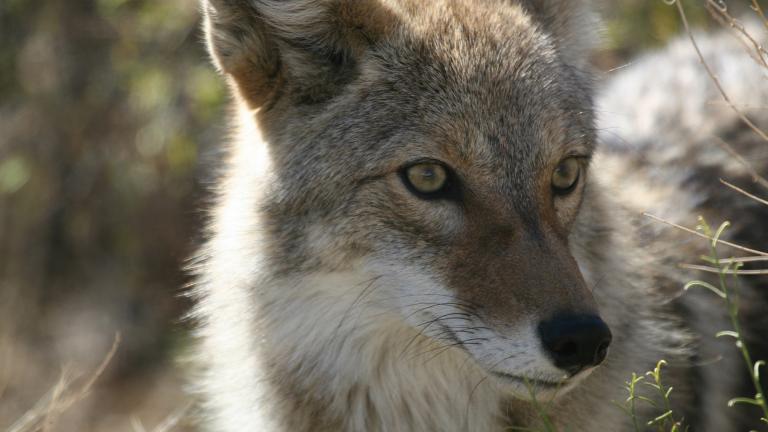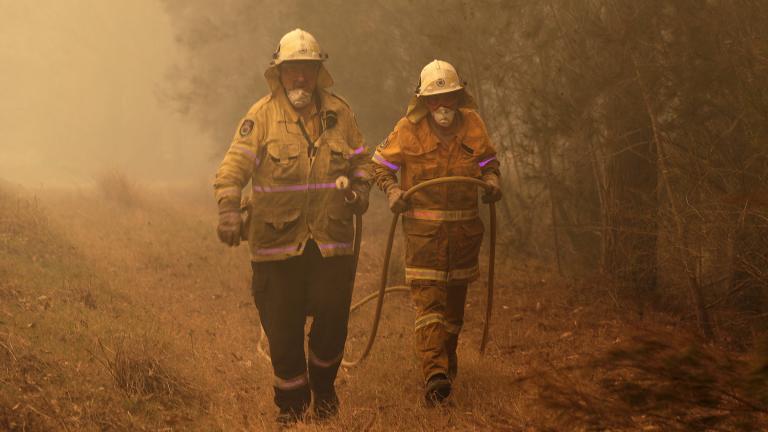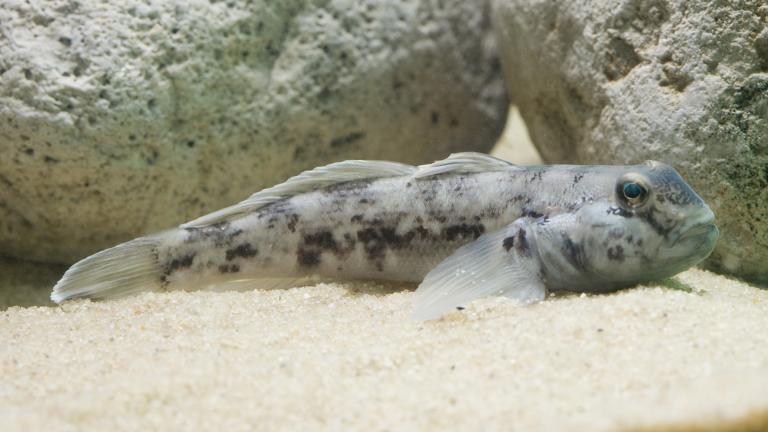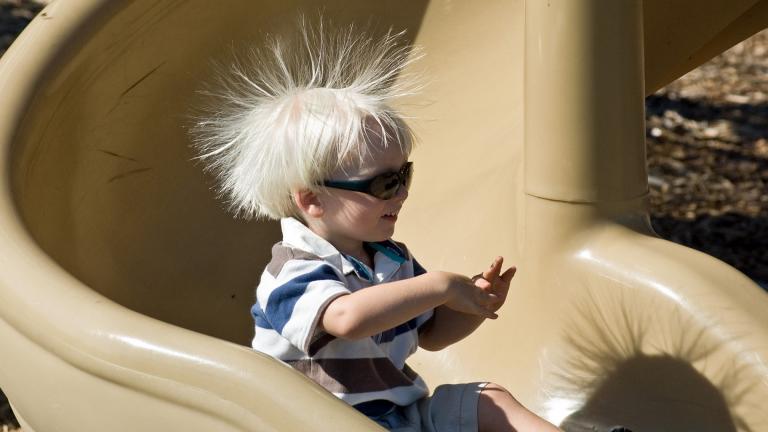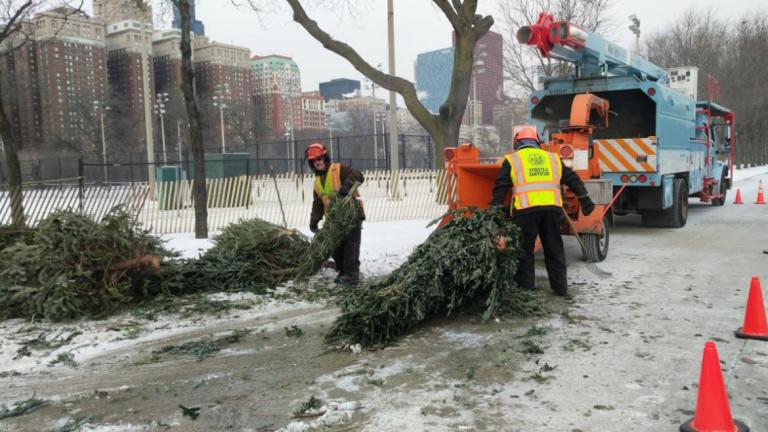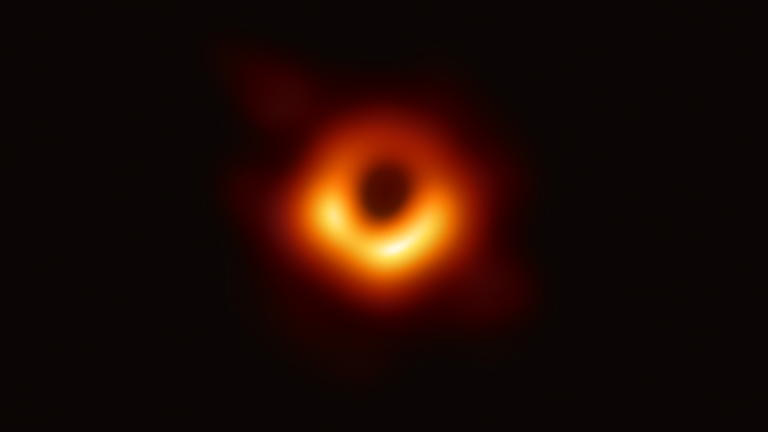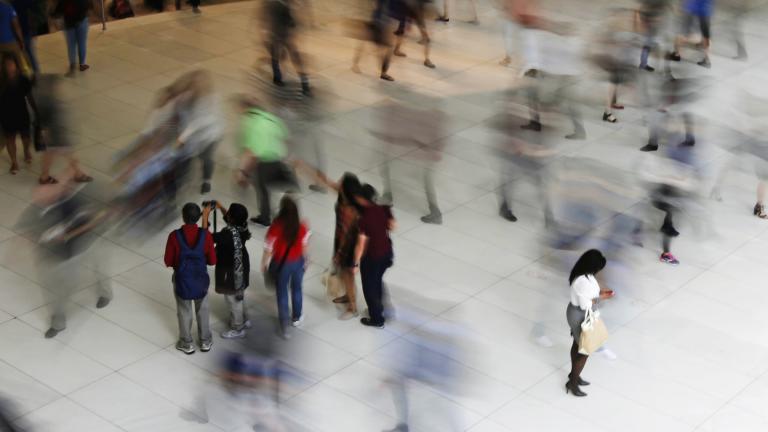Science & Nature
Author Dan Egan had sobering words for Chicagoans at a One Book, One Chicago event this week.
Chicago is getting tough on plastic waste. A new city ordinance would, if passed, ban Styrofoam to-go containers and reduce single-use plastic utensils.
A resolution introduced at Wednesday’s City Council meeting calls for an emergency “climate mobilization” on a scale not seen since WWII.
Following what appears to have been a tragic accident, the zoo reported the death of its female African lion, Isis, less than two weeks after the loss of her mate, Zenda.
As artificial intelligence becomes more widespread, the White House lays out best practices for developing and using the technology.
DNA tests to determine if a coyote captured on Chicago’s North Side is the same animal that attacked a 6-year-old boy will take weeks to complete, a city animal control official said Friday.
Authorities on the hunt for coyotes in downtown Chicago after two reported attacks, including one where passersby said they had to pull a wild canine off of a 6-year-old boy who was bitten in the head, captured one animal Thursday night on the city’s North Side.
The city is on high alert after two coyote attacks Wednesday, but a wildlife expert says such incidents are very rare. “I don’t think people need to be panicked or alarmed,” said Seth Magle, director of the Urban Wildlife Institute at Lincoln Park Zoo.
Despite escalating pressure ahead of the 2020 presidential election, Facebook reaffirmed its freewheeling policy on political ads Thursday, saying it won’t ban them, won’t fact-check them and won’t limit how they can be targeted to specific groups of people.
Australia’s unprecedented wildfires are supercharged thanks to climate change, the type of trees catching fire and weather, experts say. Here are a few questions and answers about the science behind them.
Could battery-powered electric vehicles soon cost the same as gasoline-powered cars? A senior scientist at Argonne National Laboratory explains what could be an energy revolution.
The Great Lakes are home to an estimated 180 invasive species. Freshwater biologist Scott Colburn, who recently joined a research team at the Shedd Aquarium, tells us about the latest efforts to protect Lake Michigan from invasive fish, mussels and more.
Static electricity was first described more than 2,500 years ago, but scientists have never been able to fully explain what causes it. Researchers at Northwestern University now think they may have solved the mystery.
Trees collected through Chicago’s annual holiday tree recycling program are turned into mulch and wood chips for use at Chicago Park District locations.
From the first-ever image of a black hole to growing concern over climate change, we review some of the year’s top science stories with three of our regular science contributors.
The past year’s population growth rate in the United States was the slowest in a century due to declining births, increasing deaths and the slowdown of international migration, according to figures released Monday by the U.S. Census Bureau.

